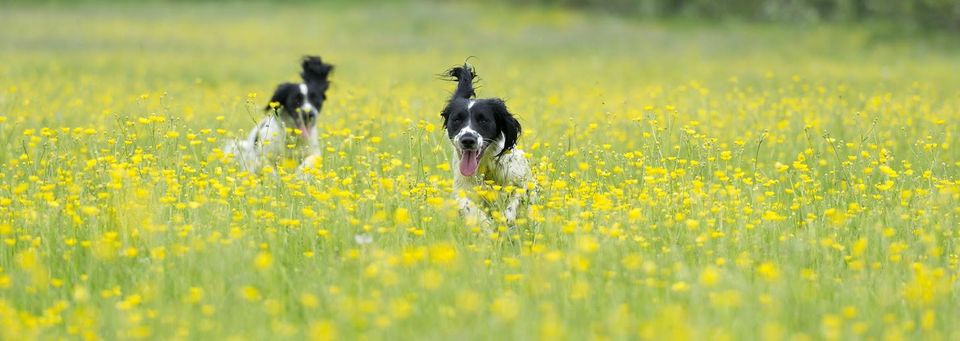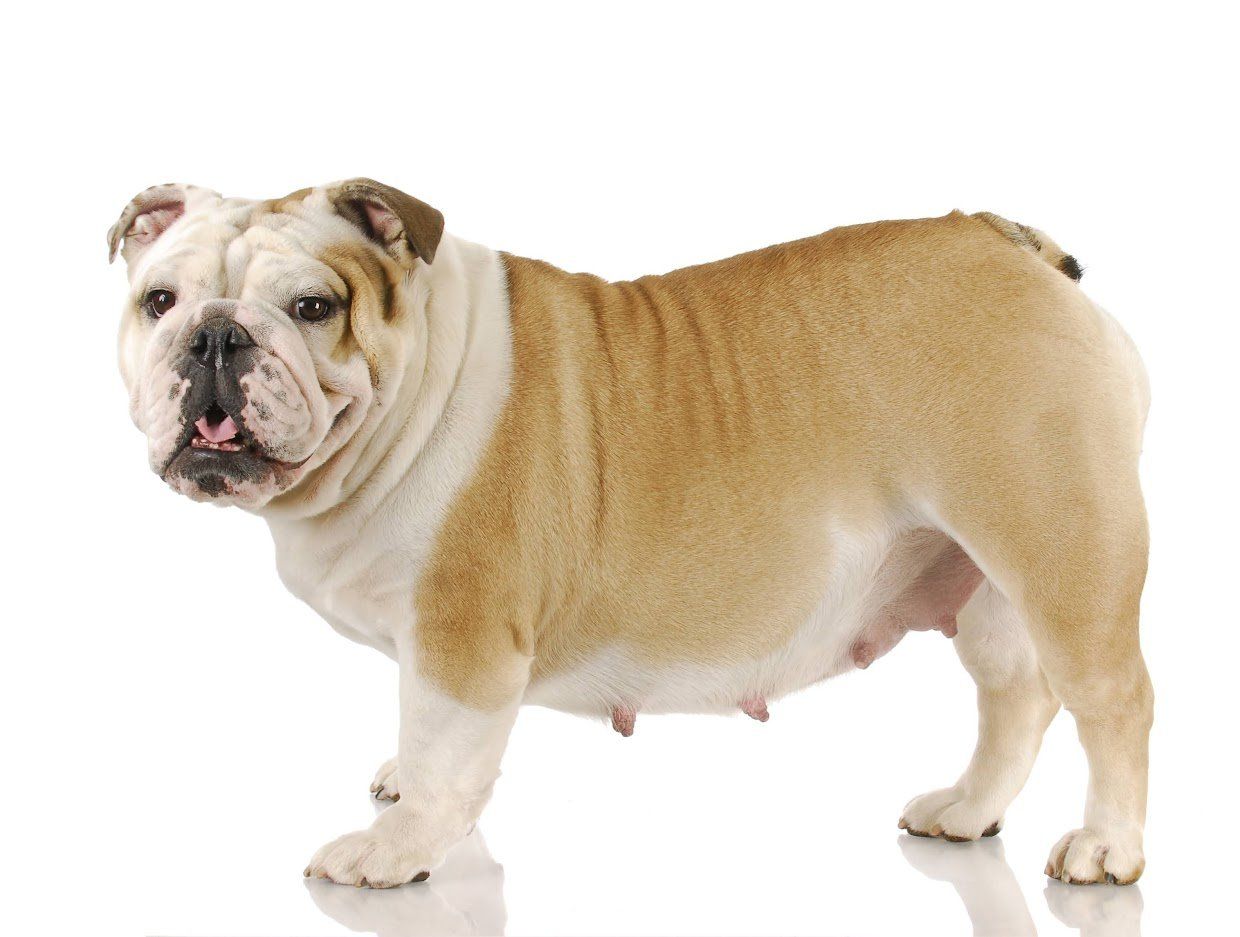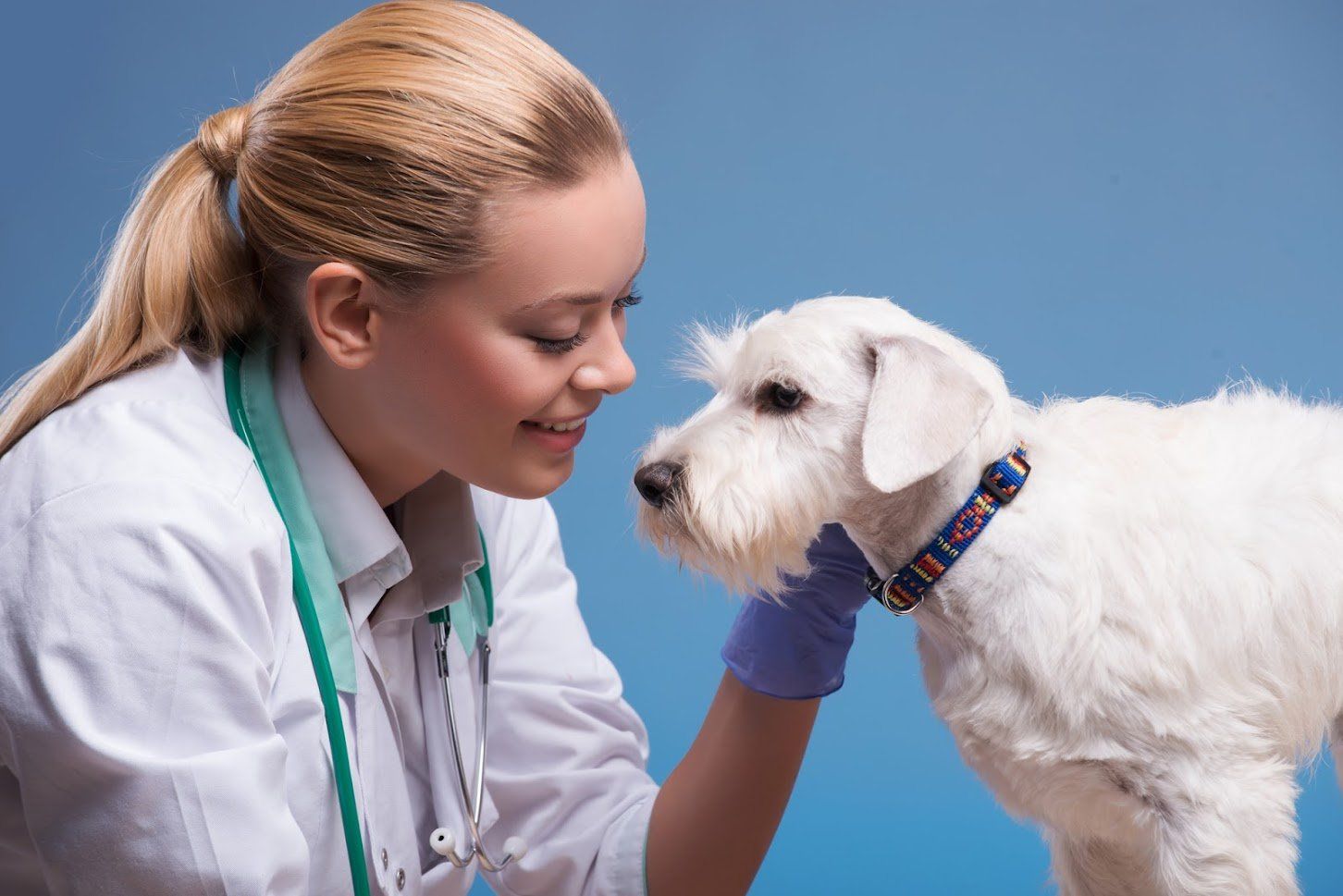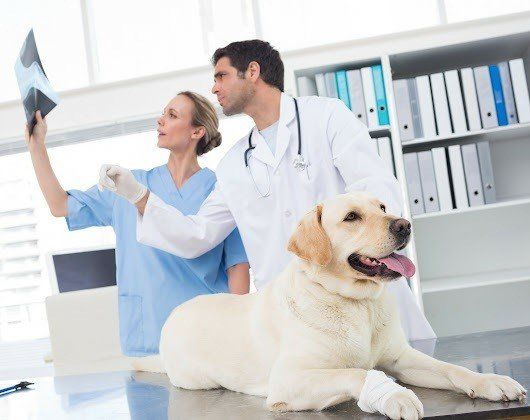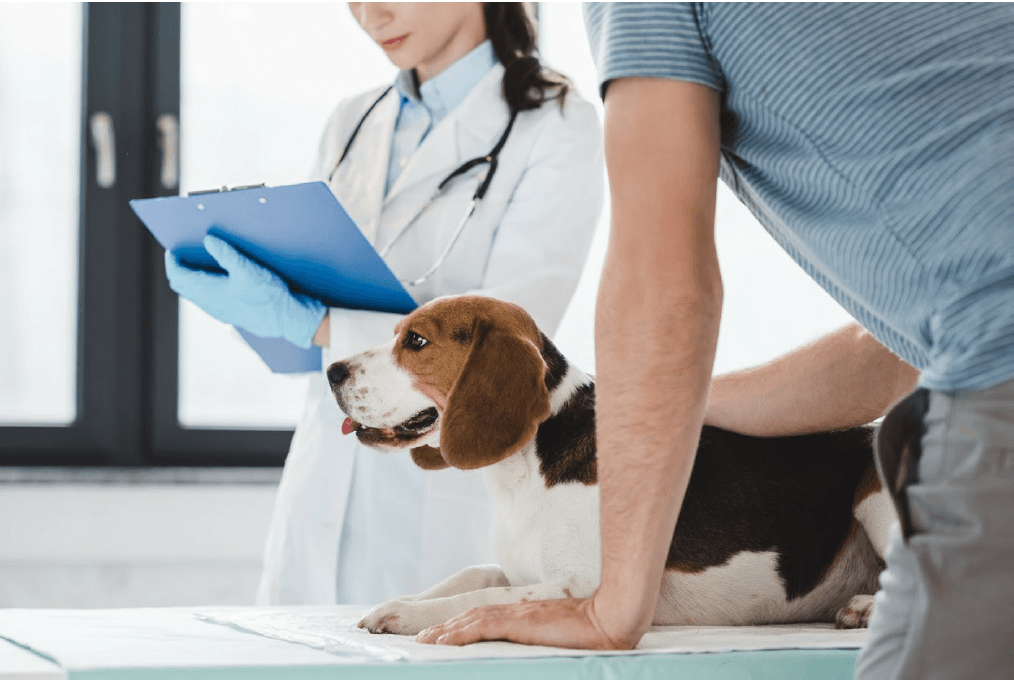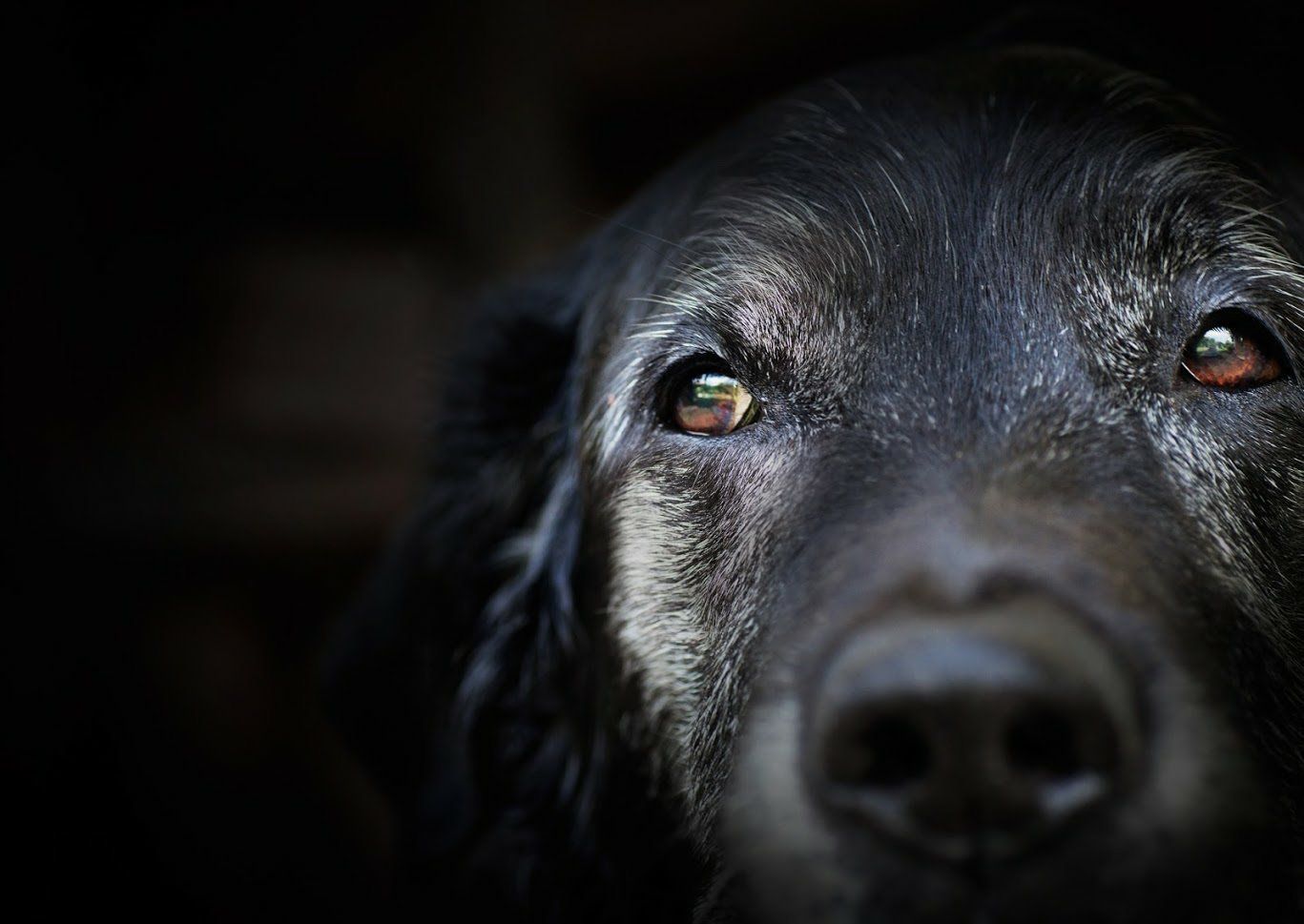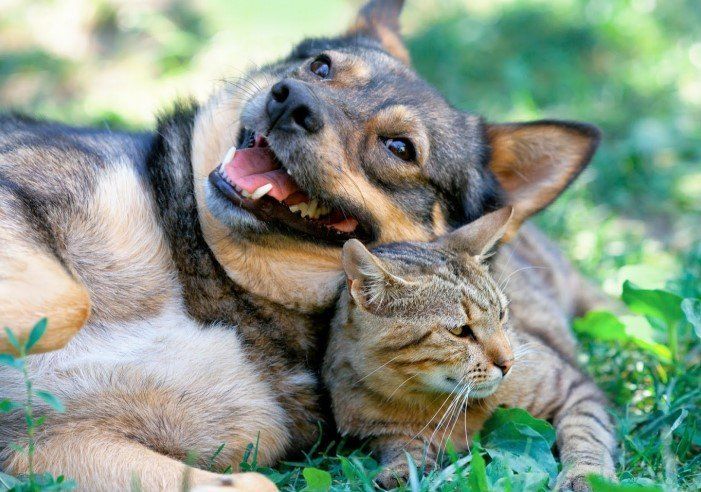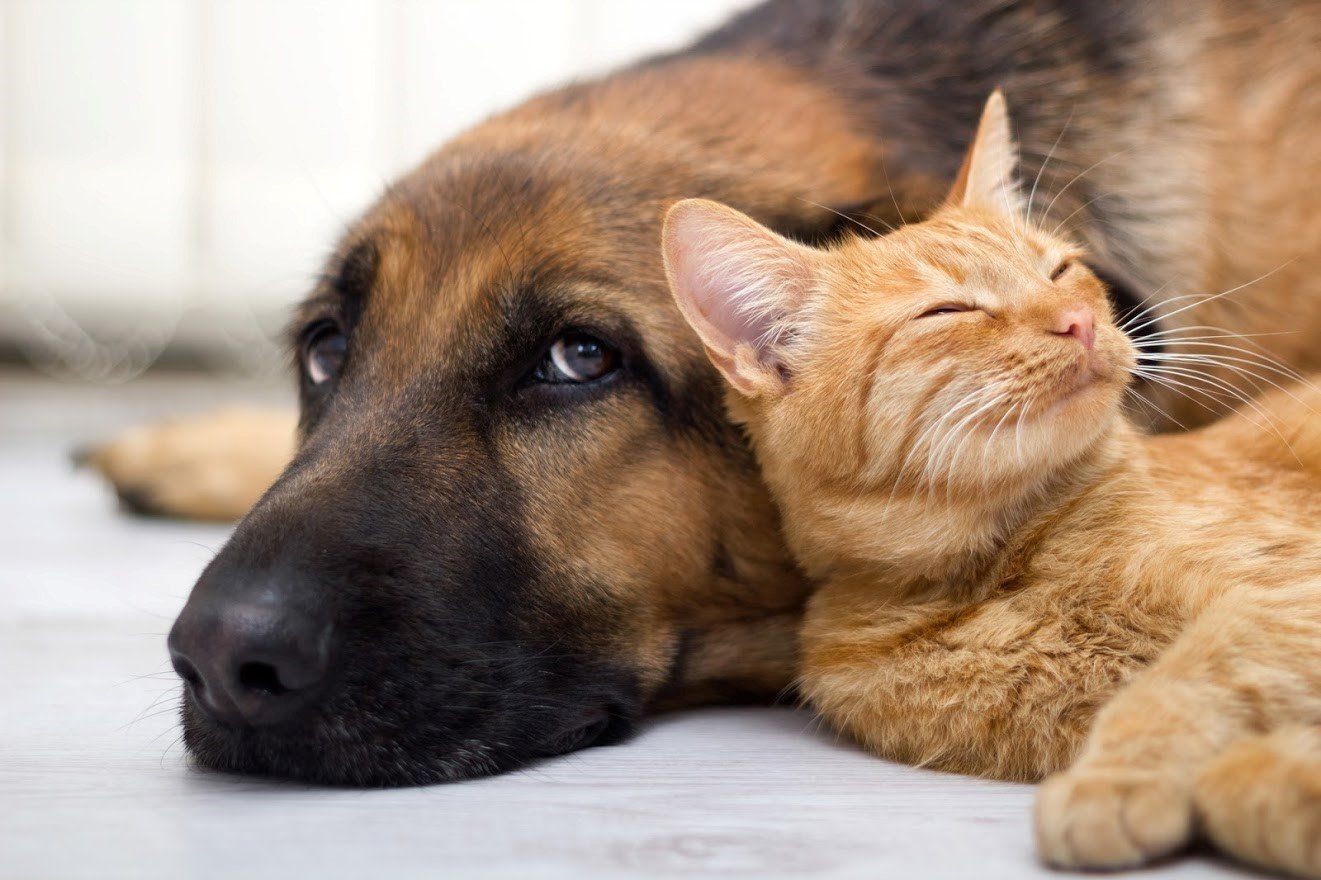Environmental Canine Allergies: 3 Tips for Pet Parents
Is your canine companion suffering from environmental allergies? It is not uncommon for dogs to develop an allergy to substances found in the environment. Natural substances such as pollen, mold, dust, or dander can cause a negative reaction if your pet is allergic.
While it may seem like a struggle to keep allergies at bay, there are ways to counteract the effects and save your furry friend from the discomfort.
Here are a few tips every pet parent should follow to help an allergic pooch.
1. Recognize the Symptoms of Seasonal Allergies in Canines
Before you can prevent or treat an environmental allergy in your pet, you need to recognize the signs. It's not difficult if you know what to look for. Here are a few tell-tale signs:
- Sneezing: If your dog has been sneezing a lot lately, especially several times in succession, a seasonal allergy may be the reason why. Along with the sneezing, your pet may have a runny nose.
- Red, irritated, itchy eyes: Just like humans, a dog with allergies may develop red, itchy eyes. The eyes may seem cloudy and watery. Some dogs may rub their face against something to relieve the itch and irritation.
- Itching and scratching: Seasonal allergies may cause itchy skin in some dogs. Excessive scratching is another sign to be alerted to.
- Scabs or hot spots on the skin: Check your dog's skin for signs of scabbing and dry patches.
If your furry best friend is exhibiting any of the above symptoms, you might want to schedule an appointment with your veterinarian. Your pet may need treatment or medication.
2. Determine the Suspected Allergen
In order to help your dog avoid the misery of allergies, it is important to determine what is causing the symptoms. You can keep a journal and document when your pet experiences the sneezing, scratching, and other symptoms.
Does your pet's reaction occur after a walk in the park or near the woods? Is your pet sneezing a lot after coming in from a romp on the lawn? If so, the pollen from trees and grass may be causing your pet's reaction.
Try not to expose your dog to the outdoors if the pollen count is high. Pollen is typically higher in the early morning hours, so walk your dog later in the day whenever possible. Also, limit your pet's outdoor time on days with a particularly high pollen count.
Perhaps your pet is allergic to an indoor substance, such as pet dander from your parrot's feathers during a molt. When other pets are present in the household, vacuum your carpets often.
3. Bathe and Groom Your Four-Legged Friend Regularly
Pollen and other irritants tend to adhere to a dog's fur. The best way to counteract this is through regular bathing and grooming. If your dog has skin allergies, you might want to trim the hair and keep the coat at a shorter length.
When bathing your dog, always use a pet-safe, gentle shampoo that is hypoallergenic. Ask your vet or groomer for a recommendation. Also, wash your pet's toys and bedding frequently in a mild soapy solution.
If your pet continues to experience symptoms of a seasonal or environmental allergy, see your vet for treatment. In some cases, desensitization therapy may be recommended.
Therapy may include a series of shots, where a small amount of suspected allergen or serum is injected into your pet. If successful, their immune system may become desensitized to the allergen, making your pet less likely to experience symptoms over time.
Ask us at Baywood Animal Hospital what else you can do for your allergic pet. We can also rule out any other medical causes for your pet's symptoms.

